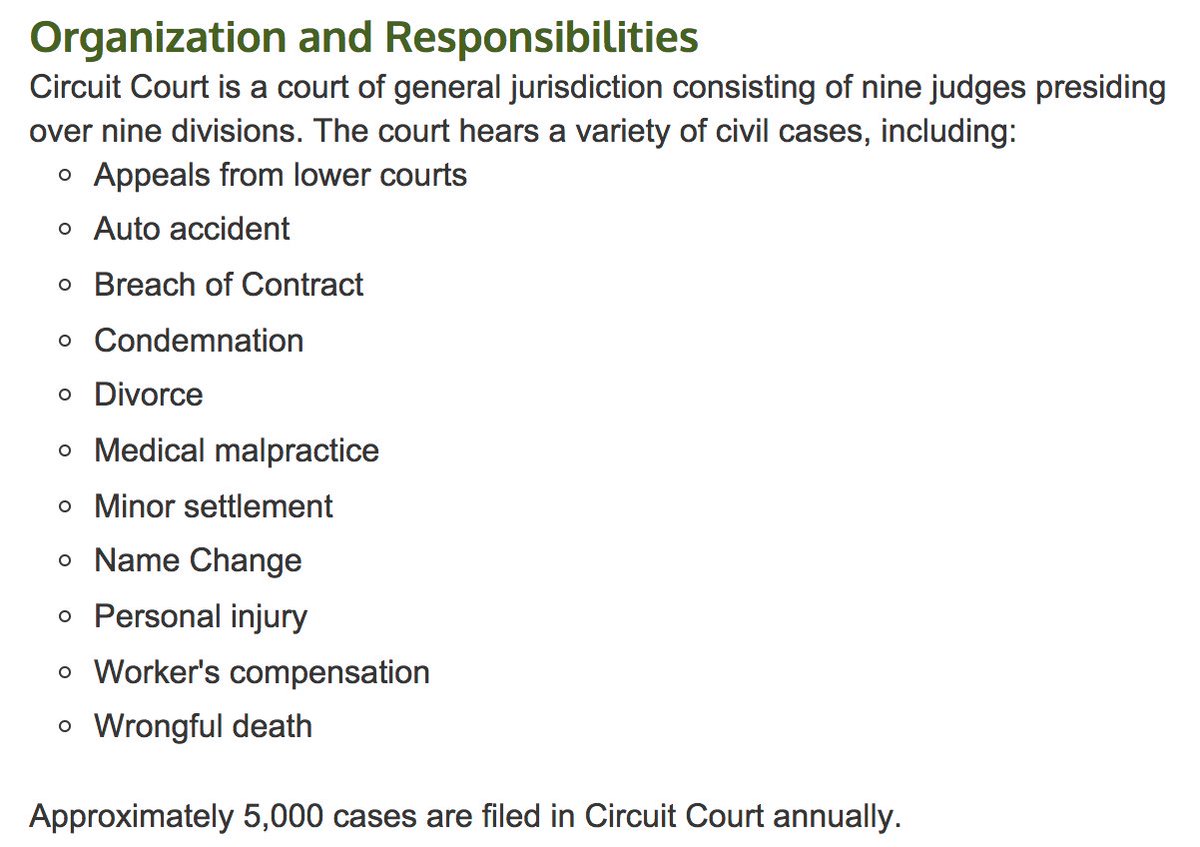Though the average was lower, they spanned from the least authoritarian to higher than the Republican average.
Not thinking wife abuse is a major problem.
Racial and ethnic prejudice, rejecting high taxes on the rich and low taxes on the poor.
Favoring capital punishment, opposing gun control, favoring Christian religious instruction in schools, opposing affirmative action.
Opposing Equal Rights Amendment, opposing restrictions on police wiretaps, opposing Roe v. Wade.
Restricting anti-war protests, opposing equal access to housing and employment for queer people.
There's just a lot more high-RWA Republicans than high-RWA Democrats.
Guess my observation about Trump wasn't that astute.
Yet he thinks we've never heard of the Milgram Experiments. 🤔
Over 90% of people would refuse if they had a partner who refused.
Authoritarians a) want to be average, i.e. not anti-authoritarian, just medium-authoritarian, and b) don't realize they're authoritarian in the first place.
So, yes, non-violence is the best optics and has the best chance of decreasing authoritarianism. It is preferable, but it's often a luxury.
radicaldiscipleship.net/2017/08/23/my-…
It's been a wild ride, folks. Thanks for joining me on this, the longest ever #IanLivetweetsHisResearch. Catch you on the next one.






